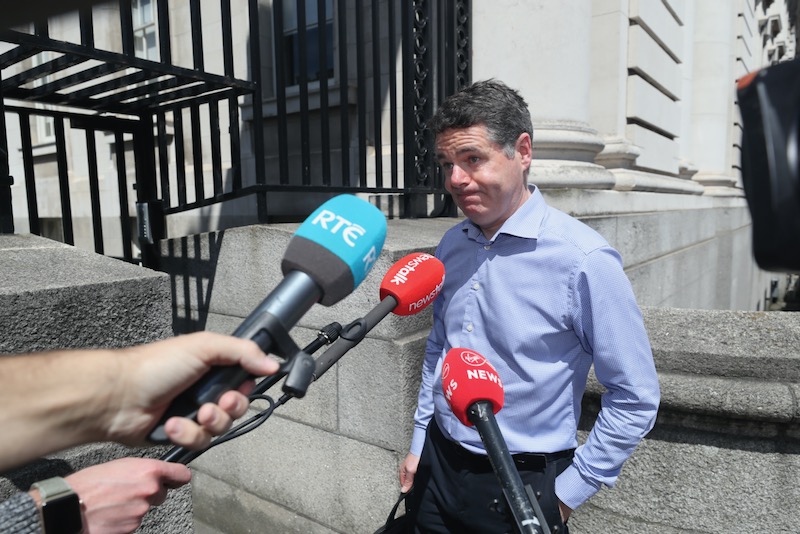Ireland’s new coalition government needs a three-year stabilisation programme which is focused on increasing employment and delivering infrastructure rather than on reducing the deficit, according to Social Justice Ireland.
Social Justice chief executive Fr Seán Healy said: “It is vital that the fiscal stance adopted by Ireland in response to the Covid-19 crisis supports an economic recovery, rather than preventing one and causing permanent damage to our long-term economic capacity and more importantly, to the well-being of our citizens.”
Launching its latest policy briefing entitled Budget Choices, Michelle Murphy, Research and Policy Analyst with Social Justice Ireland said that the Covid-19 pandemic had brought about an increase in unemployment which was entirely caused by a collapse in demand.
The temporary adoption of demand management policy therefore represented the most effective means to restore economic activity she said.
“Given the scale of disruption, it must be recognised that extraordinary Government expenditure will be required to sustain demand and to support incomes through the immediate crisis and emergence from the public health restrictions, through the recovery period and through the return to a new, sustainable, long-term trajectory for the economy”, Eamon Murphy, Economic and Social Analyst with the think tank, suggested.
Recently Fr Seán Healy warned that the uneven impact of the Covid-19 crisis would lead to an increase in poverty because low incomes were the norm for a large proportion of Irish society.
“Prior to the current public health crisis, one in every seven people in Ireland lived with an income below the poverty line; about 680,000 people,” he said, and said these numbers looked set to rise as the uneven impact of the Covid-19 crisis unfolded.
Department of Finance projections have indicated that unemployment would remain high for the next 12-24 months.
“When recovery comes, it is likely that many low-income workers, and employees with precarious employment conditions, will be the last to experience it. Without a concerted policy effort, many will be stuck in poverty for some time,” Fr Healy said.
According to Social Justice Ireland’s Poverty Focus 2020, 14 per cent of the population, around 680,000 people, are living in poverty. About 110,000 workers are at risk of poverty – 5.1 percent of those who are employed. Approximately 200,000 children (15.9 per cent) are living in poverty in Ireland today. These children are living in families with incomes below the poverty line. Almost one in ten pensioners is living in poverty (11.4 per cent).



 Loading ...
Loading ...